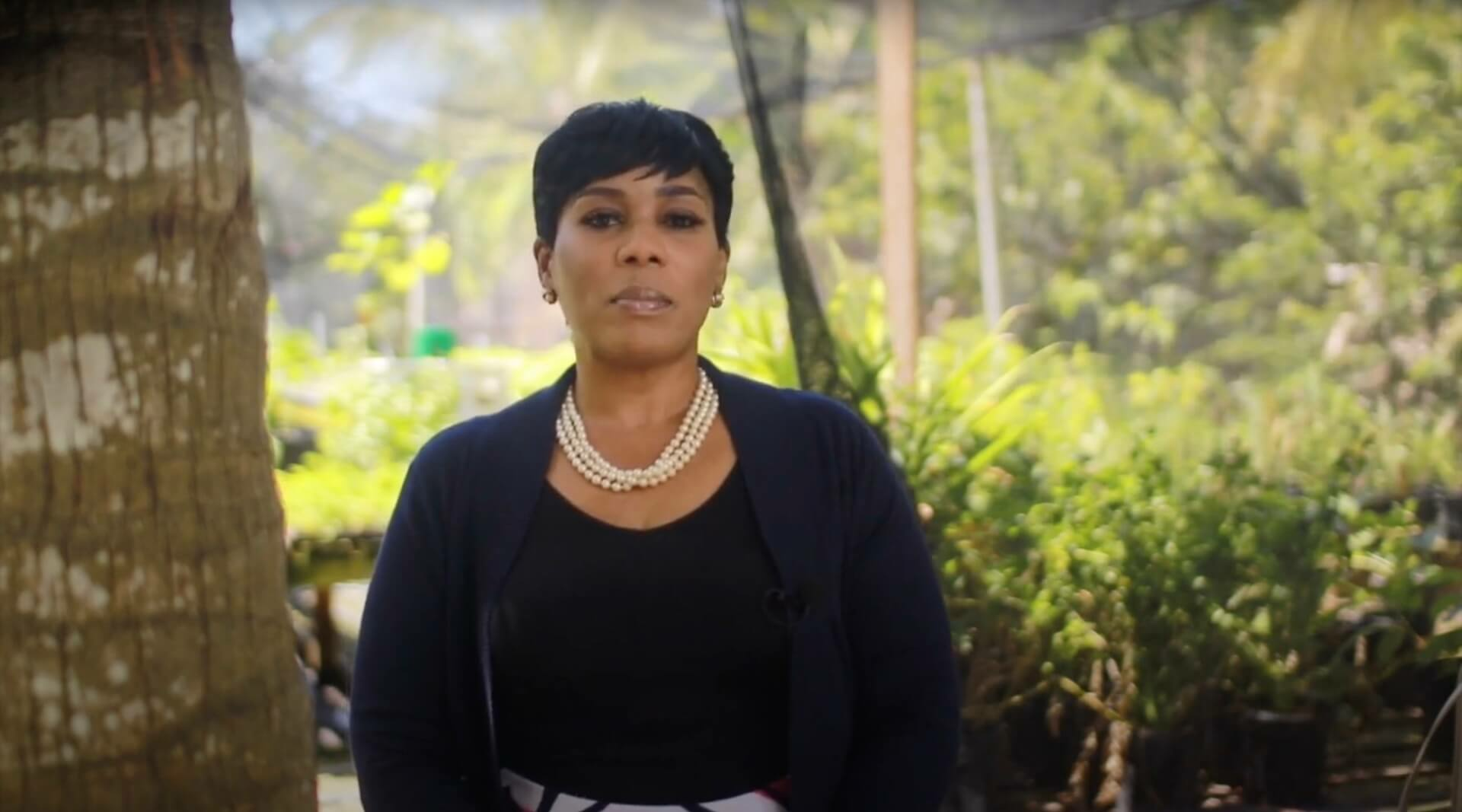Plant Protection Unit
Introduction
The Plant Protection Act 2016 directs us to regulate the trade in plants, plant products, and other regulated articles, in order to protect and promote the health of the environment (including forestry and wild flora) by preventing the introduction and spread of plant diseases and alien species.
The goals of the Plant Protection Unit are to:
improve the current plant health system in accordance with international standards and obligations;
develop systems that mitigate the introduction and spread of pests and invasive alien species;
promote the use of integrated pest management strategies and reduce dependence on pesticides in the agricultural sector;
facilitate safe trade of plants, plant products and other regulated articles;
increase public awareness and stakeholder roles in the protection and promotion of plant health; and
improve scientific, quarantine, surveillance and diagnostic capabilities and emergency response systems for pest outbreaks.
Core Activities
Core activities of the Plant Protection Unit include:
Hiring of a Plant Health Inspection Coordinator that is responsible for the planning of the inspection program as well as the management and training of all staff involved in inspection activities.
Training of Phytosanitary and Authorized officers that will carry out duties such as: the inspection of plants, plant products or other regulated articles, regulation of phytosanitary measures at borders (ports of entry) and agricultural stations (including plant establishments) for the detection of pests, to prevent their entry into the Bahamas.
Participation in the IPPC's Phytosanitary Capacity Evaluation (PCE) logical framework tool, as a means of developing a strategy to address key weaknesses and to generate a strategic framework for enhancing the phytosanitary system in the country.
Devising a regime that will bring The Bahamas into compliance with ISPM-15 to reduce the risk of the introduction and spread of invasive quarantine pests that results from the usage of wood packaging materials (WPMs) for shipping items globally. Regulations have been drafted that will support the adoption of this International Standard for Phytosanitary Measures (ISPM).
Developing an emergency response plan to swiftly detect, assess, and eradicate critical plant pest and disease infestations; particularly as it relates to the safe provision of aid to prevent the introduction of plant pests during an emergency situation (eg. following natural disasters such as hurricanes that will become more frequent and intense for small island states as a result of climate change).
Conducting risk assessments and surveillance for pests that are present in the region and of quarantine/economic importance to the IPPC and for the creation of a prioritized pest list for the country.
Initiating a nation-wide Fruit fly trapping, monitoring(surveillance) and identification program and to advise on the Red Palm Mite’s (RPM) population and management on key palm handicraft producing islands.
creating/establishing a plant business registration that identifies the owner(s) and location, in accordance with Section 25 of the Plant Protection Act, 2016.
Developing Import Conditions for Plant Products The importation of plants, plant products and other regulated articles to prevent the introduction and spread of new and quarantine pests that can cause significant economic and environmental damage to Bahamian agriculture, forestry and the environment and ensure the effective management of regulated nonquarantine pests. Import requirements for key commodities have been drafted.
Drafting of Plant Protection Regulations that provide measures for controlling and managing pests depending on the risk they represent from an economic, environmental, social, and agricultural point of view.
Adopting CABI's of PestSmart and PlantWise programs to ensure that SPS regulatory and enforcement functions are significantly improved.
Media
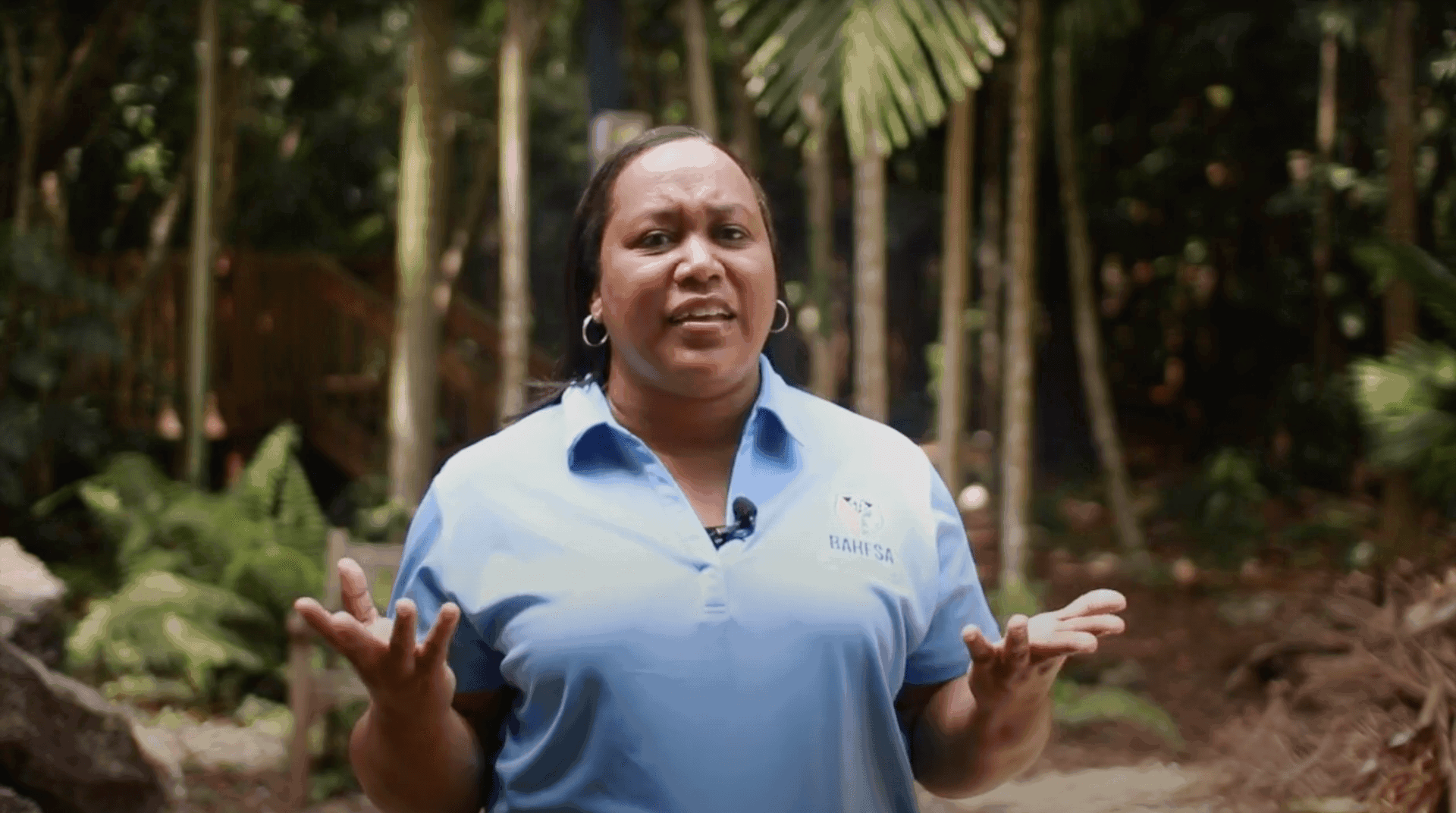
Plant Health - Yas Johnson

Plant Health - Pindling
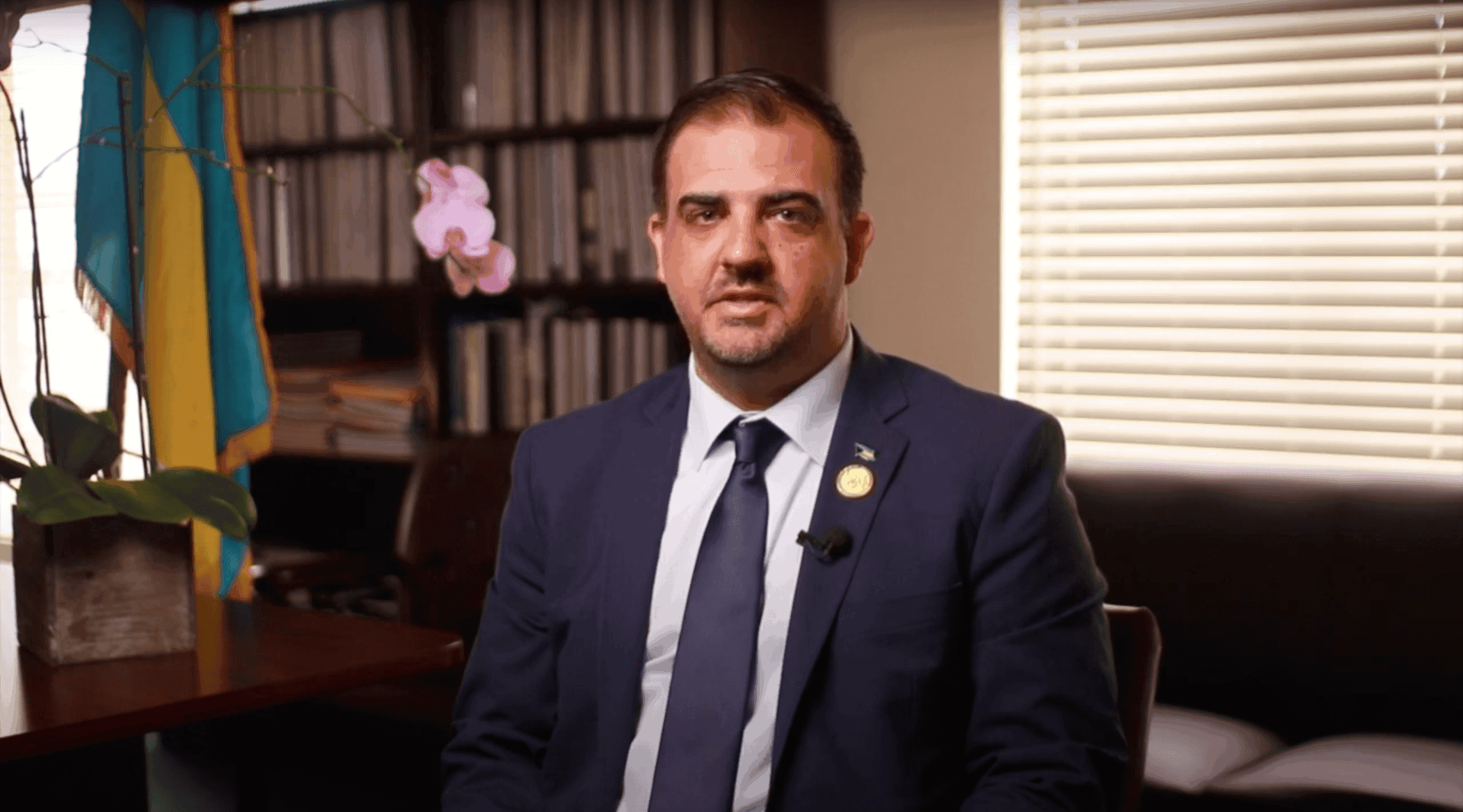
Plant Health - Min Clay
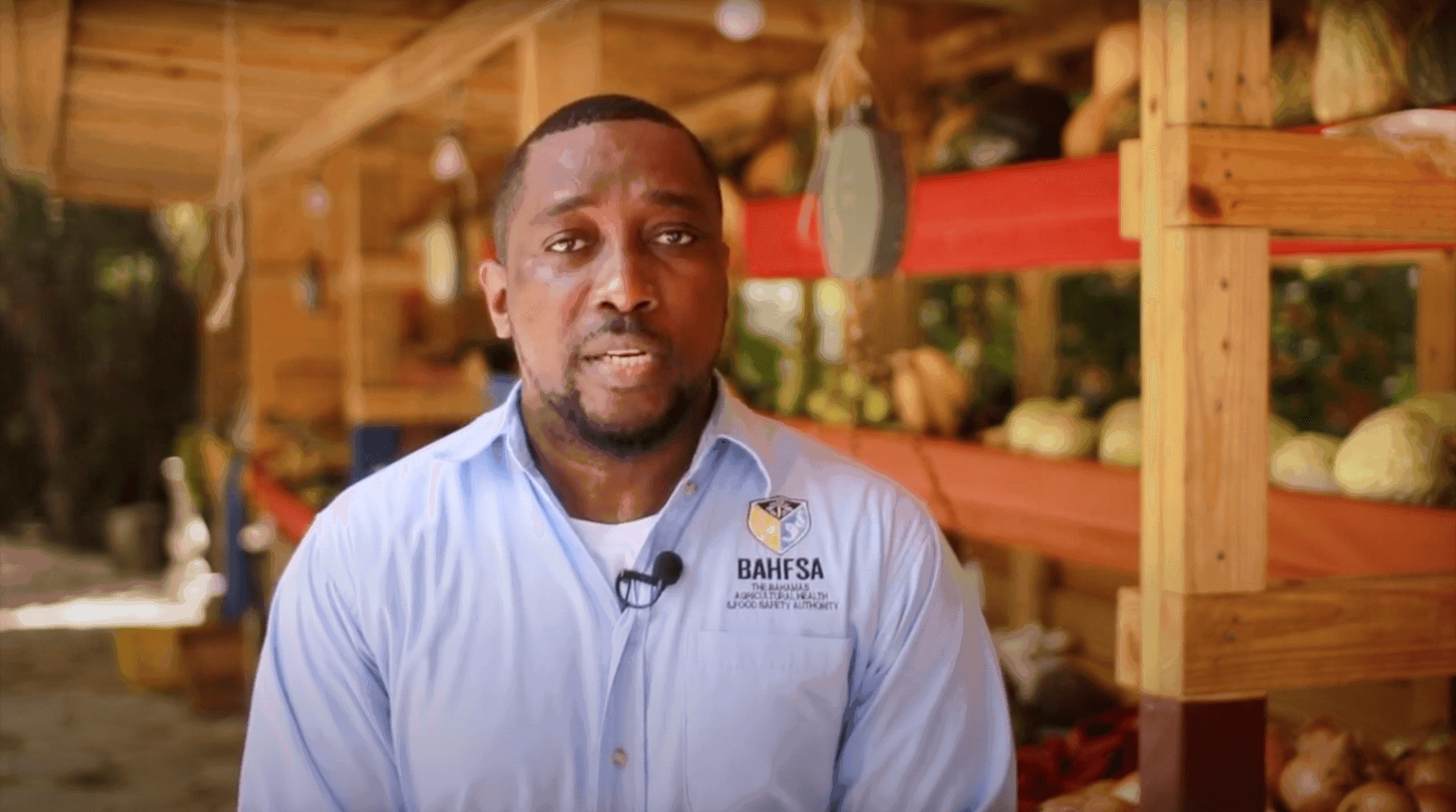
Plant Health - Ezra
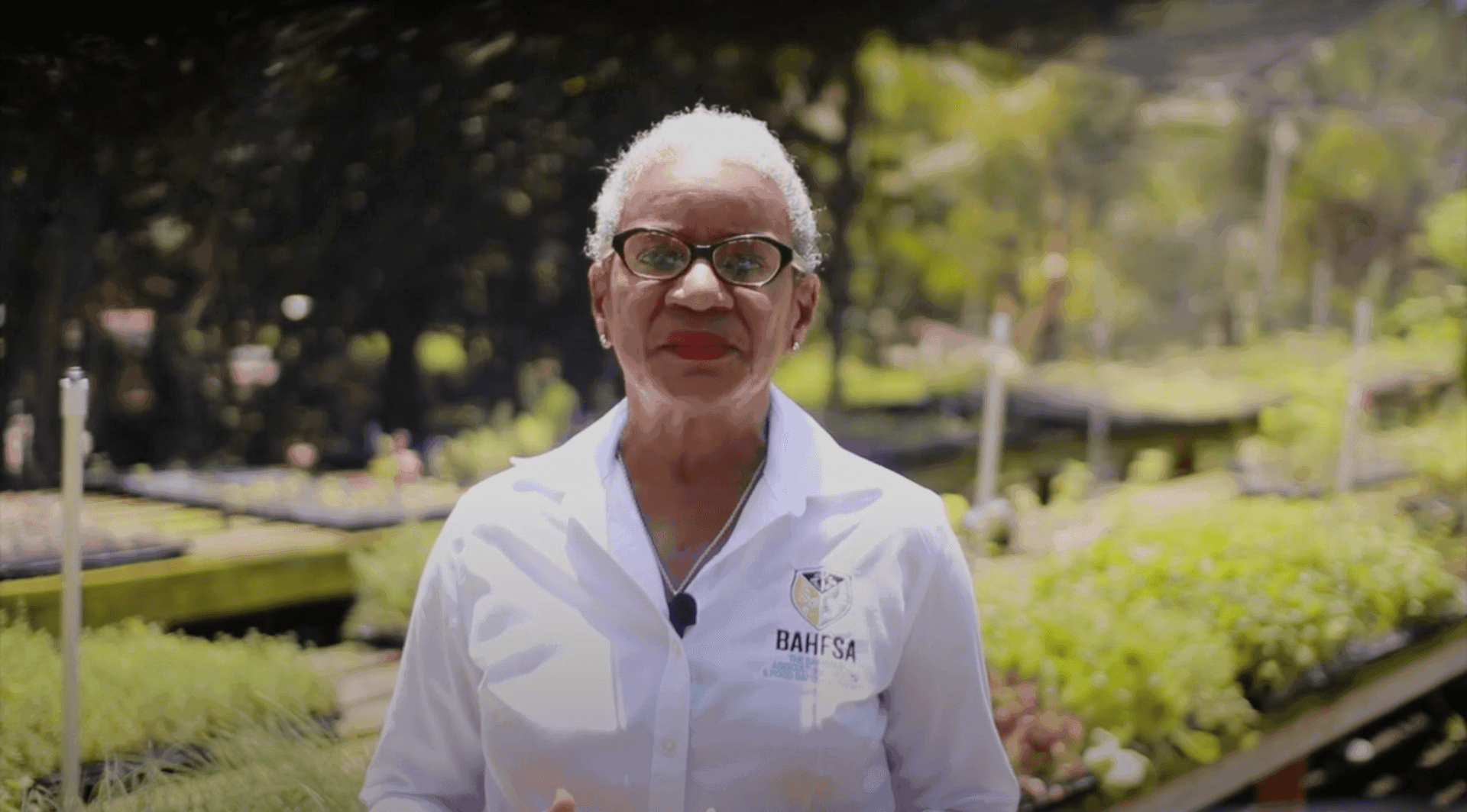
Plant Health - Dr Symonette
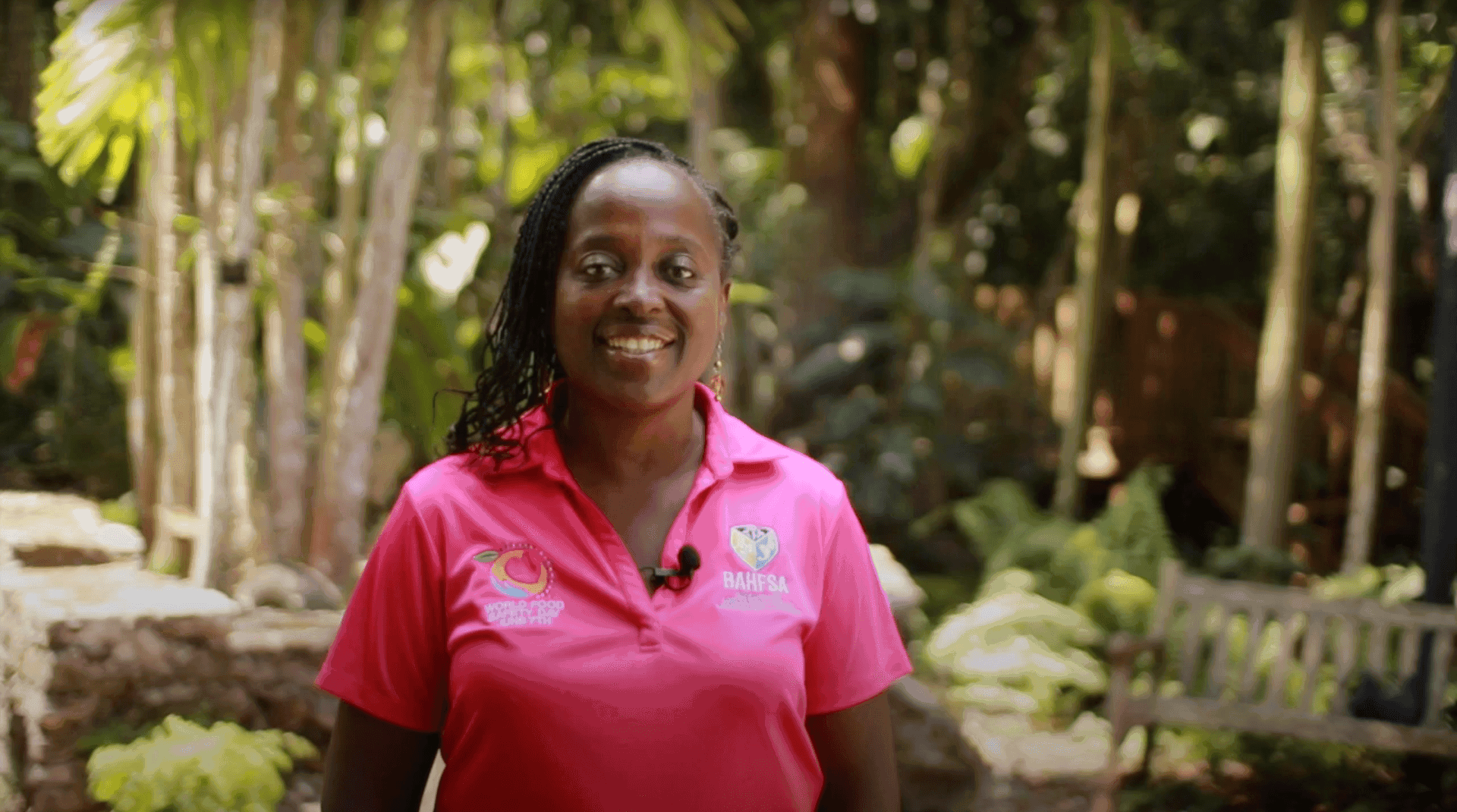
Plant Health - Dr PJ
